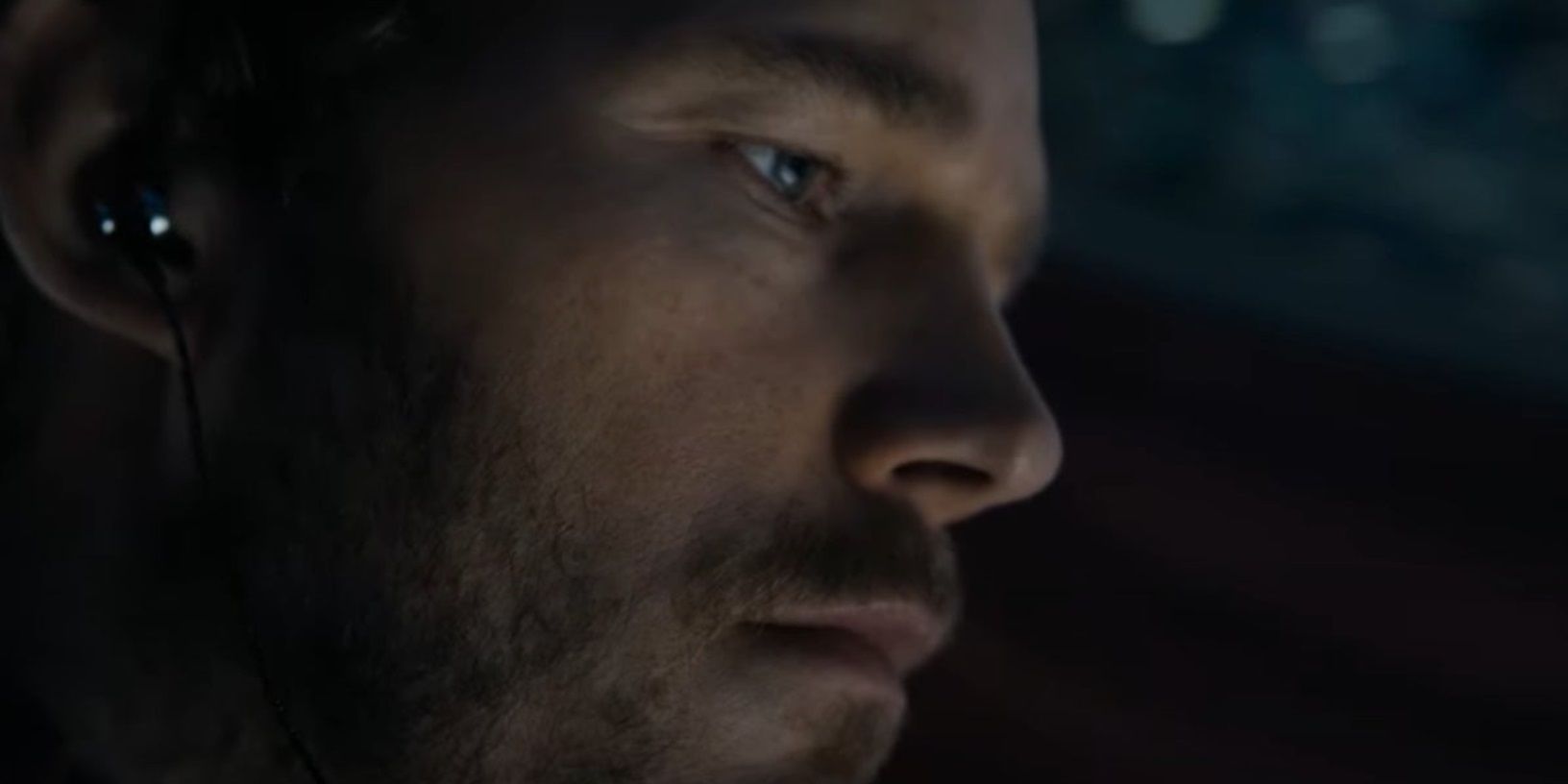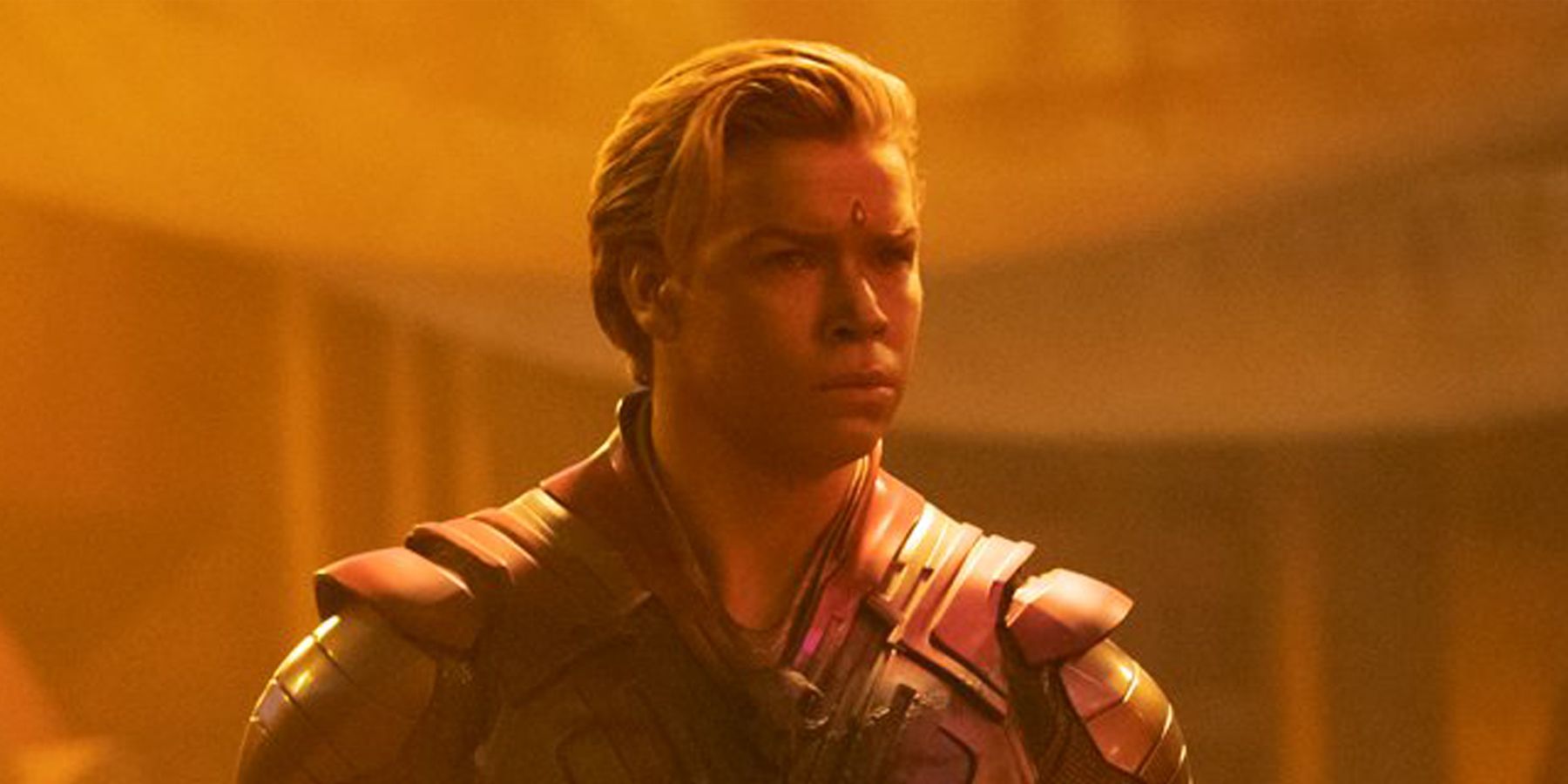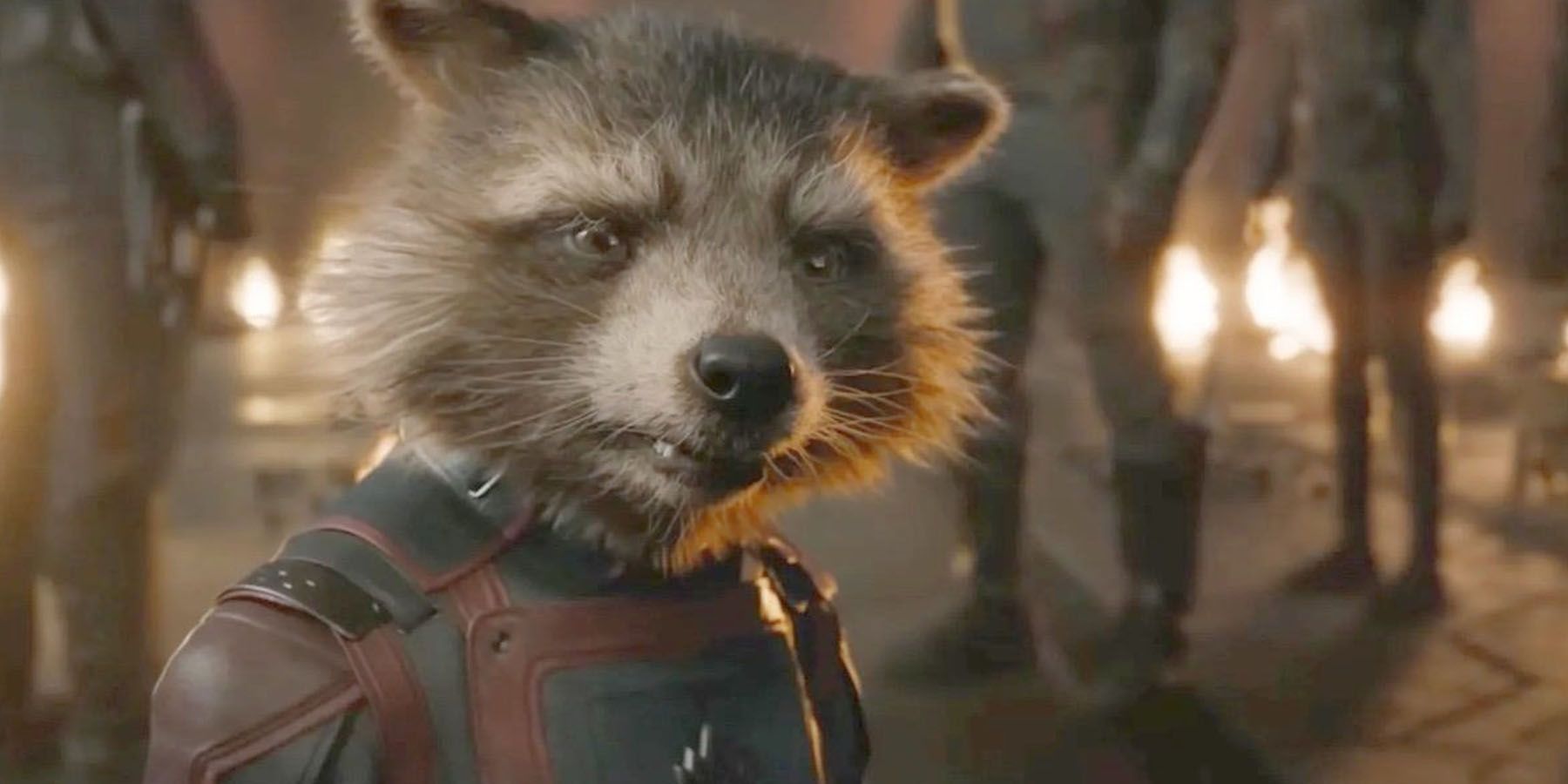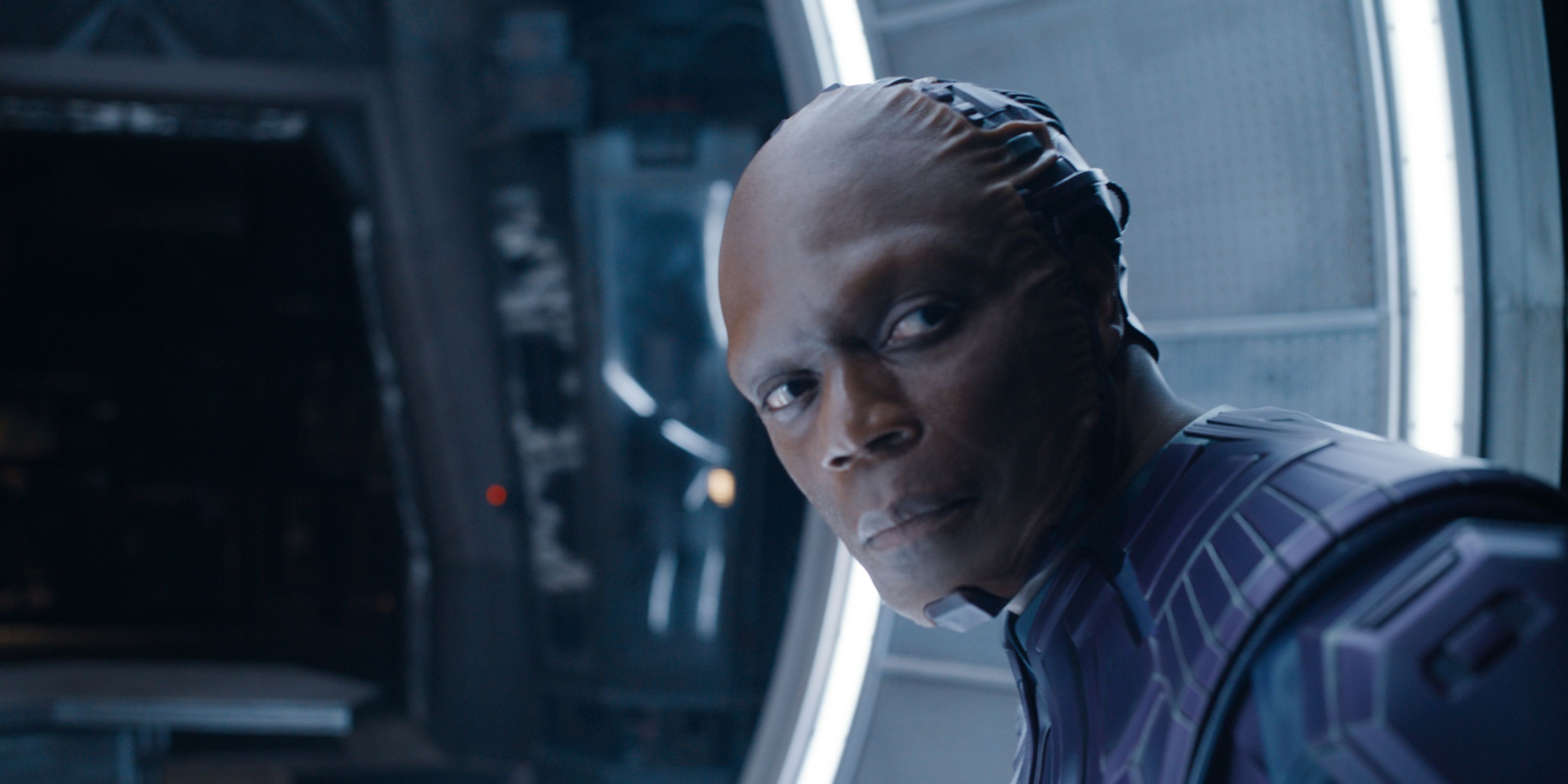
Why Guardians of the Galaxy Vol 3 Will Revolutionize the Future of the MCU

Discover crucial lessons for Marvel as they navigate a changing landscape with Guardians of the Galaxy Vol 3 Explore the importance of organic storytelling, personal connections, and the courage to embrace satisfying conclusions
Last month, the highly anticipated conclusion to the Guardians of the Galaxy trilogy, Guardians of the Galaxy Vol. 3, received praise from critics and achieved great financial success. However, this marked the end of an era for the Marvel Cinematic Universe (MCU), as it bid farewell to a team that has been integral to its storytelling for almost ten years. With the departure of these beloved characters, many fans found themselves at a crossroads.
It is no secret that in the post-Endgame era, Marvel has experienced a decline in both critical acclaim and audience reception. The more recent Marvel Disney+ shows have seen a drop in fan interest, evidenced by low viewership numbers. Similarly, on the cinematic front, the release of Ant-Man and the Wasp: Quantumania in February resulted in a box office failure, acting as a warning sign for the studio.
Not Everything Needs to Be a Setup
In a nutshell, Marvel Studios has been struggling to maintain audience interest in their recent films and shows within the Marvel Cinematic Universe. However, the release of Guardians of the Galaxy Vol. 3 in May proved that there is still potential for success when a film is well-received by both critics and viewers. This box office hit can serve as a valuable lesson for Marvel Studios going forward as they attempt to reclaim the franchise's popularity.
Marvel Studios’s initial success with its film universe stemmed from its bold strategy of interconnecting its movies, seamlessly weaving together an expansive narrative that crossed various franchises. The inclusion of cameos, Easter eggs, and foreshadowing future plotlines has long been a trademark of the MCU, and this continued approach in the post-Endgame era of films and television shows is not without merit.
However, there is a noticeable difference in the way these things were handled in the past compared to the present. In the past, movies like Iron Man 2 in 2010 and Marvel's The Avengers in 2012 laid the foundation for the Avengers Initiative and provided audiences with their first glimpse of Thanos in the post-credits scene. However, many of the films and shows in the ongoing Multiverse Saga have felt like prolonged advertisements. For example, Black Widow in 2021 served mainly to introduce audiences to Yelena Belova, and most of the Disney+ shows suffer narratively due to their obligatory connections to other shows and movies.
In contrast, Guardians of the Galaxy Vol. 3 is different. While the ending leaves open the possibility for certain characters to return, the film's story is solely focused on advancing its own narrative. This is a refreshing change and makes it easier for audiences who don't want to watch multiple projects to understand the story. If more MCU films followed this approach, it would create more enjoyable experiences for viewers.
Keep It Simple, Keep It Personal
Marvel has taken a new approach in its recent movies, raising the stakes and moving away from the solo superhero stories of the past. Instead of focusing on low-stakes conflicts, the upcoming phases of the Marvel Cinematic Universe are bringing world-ending, universe-ending, and even multiverse-ending threats to the forefront. This shift has left viewers with little time to delve into the intricacies of the stories. However, Guardians of the Galaxy Vol. 3 breaks away from this trend by keeping the threat relatively low for the universe. Instead, the film focuses on the personal histories and fates of the protagonists, particularly Rocket Raccoon and The High Evolutionary. By doing so, the movie creates a more emotionally potent experience for the audience, surpassing the impact of the frequent "death of the universe" scenarios. While it is important for the MCU to explore concepts like the multiverse, it is equally important for the franchise to tell smaller-scale stories that directly involve and affect the beloved protagonists, which Guardians of the Galaxy Vol. 3 successfully accomplishes.
Don’t Be Afraid To Have An Ending
One of the major flaws of the storytelling model in the Marvel Cinematic Universe is its reluctance to conclude the stories of its heroes in individual films. Instead, it chooses to reserve those endings for the major crossover events. While this approach can result in emotionally satisfying films like Avengers: Endgame, it can also diminish the stakes and expectations for solo films, which often lack definitive conclusions for their protagonists. Ant-Man and the Wasp: Quantumania, which concluded the trilogy in February, suffered from this issue as no protagonist faced any real danger due to the fear of their absence in the next Avengers movie. The film was primarily focused on setting up the future of the MCU, a creative decision that deprived the Ant-Man trilogy of any potential closure as a cohesive narrative.
On the other hand, Guardians of the Galaxy Vol. 3 successfully addresses the problem by solely concentrating on concluding the team's three-part story. While there is room for certain members of the Guardians to make a comeback, their character arcs are fully realized and the film does not sacrifice anything for future crossovers. In this regard, the Guardians of the Galaxy films stand out as the most effective standalone trilogy in the MCU, with well-defined and complete journeys for its protagonists. Marvel should undoubtedly regard this as a noteworthy achievement and draw inspiration from it for future projects.
Guardians of the Galaxy Vol. 3 is in theaters now.
















